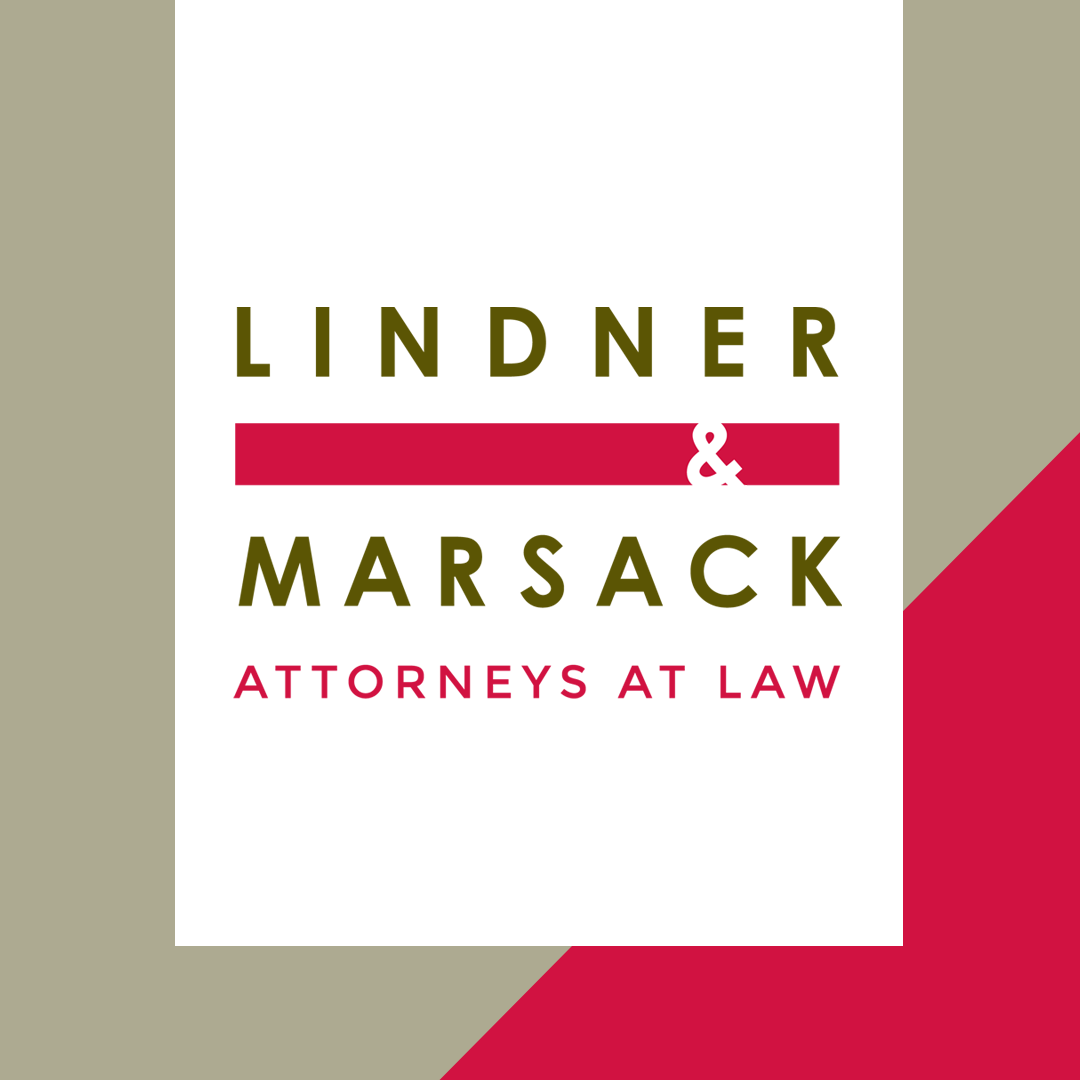By: Jonathan T. Swain and Daniel Finerty Despite the General Counsel’s issuance of three (3) separate memoranda regarding its social media cases, the National Labor Relations Board (Board) itself had not ruled on a case dealing with the issue. However, that changed on September 7, 2012 and again September 28, 2012, when the Board invalidated […]

THE NATIONAL LABOR RELATONS BOARD ISSUES DECISIONS CONFIRMING ITS SOCIAL MEDIA DOCTRINE
Leave a reply
